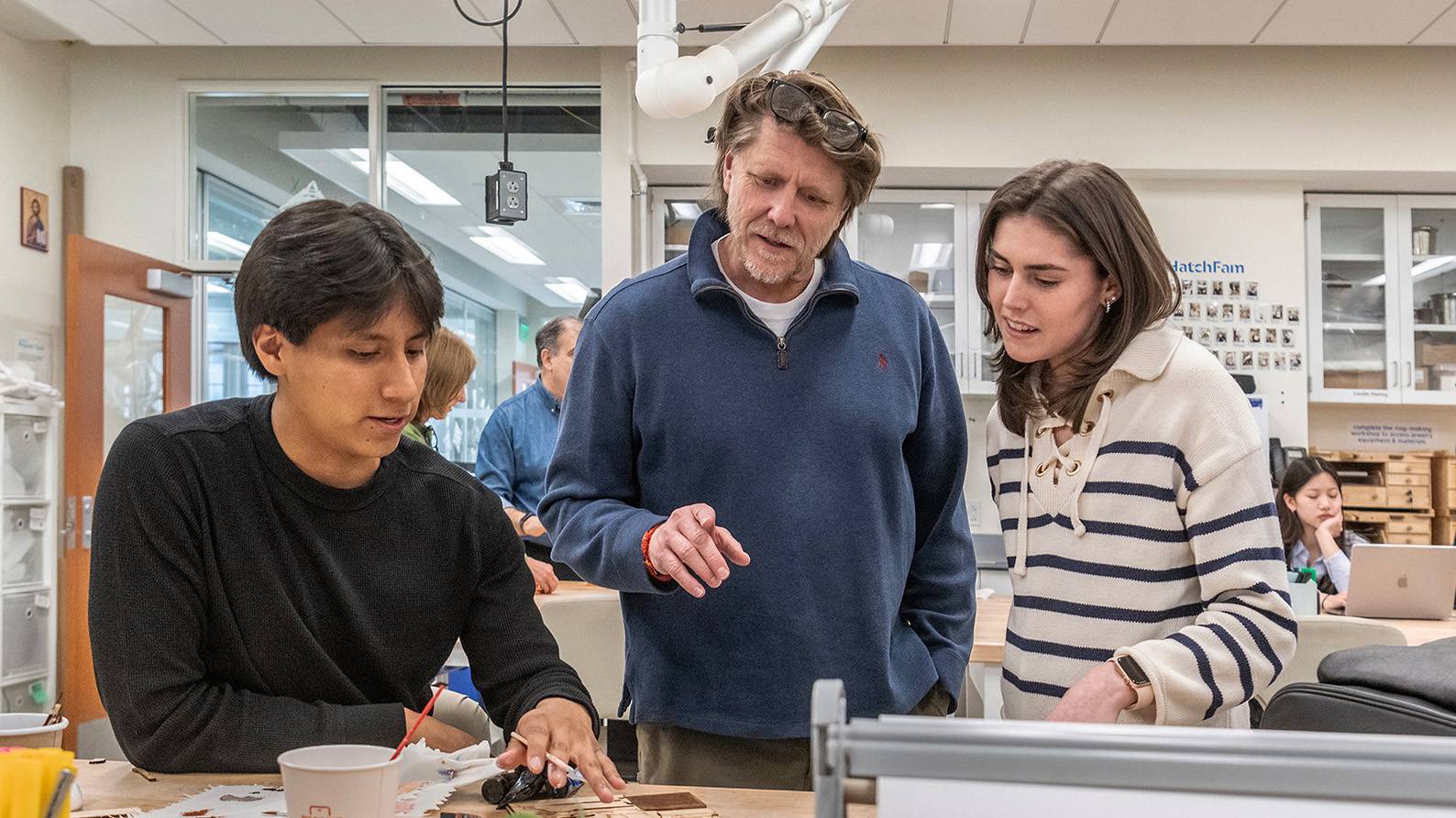We have lived with the Christian answer to the human predicament for so long that we have forgotten the question. In times like ours it can seem that the challenge facing Catholics is that of defending the Church from its enemies and preserving its cultural and moral patrimony for posterity.
But the larger challenge is that of persuading the world that Christ is the Alpha and Omega – the source of the created order and its ultimate fulfillment; the Way, the Truth, and the Life; the Rosetta Stone for deciphering the meaning of existence – and that only in light of the doctrine of the Trinity and the Cross of Christ can we fully understand the tragedy of the human predicament and the greatness of the human vocation.
We can approach this daunting challenge with confidence because we have Christ’s assurance that the Spirit, whom Jesus declared would lead us gradually to the whole truth, accompanies the Church through history, bringing into focus facets of Christian truth at such time as the recognition of these truths becomes both historically necessary and theologically intelligible.
Indeed the Church has been blessed in recent years with the work of the cultural theorist René Girard and the theologian Hans Urs von Balthasar. Each of these original thinkers has enthusiastic followers, but their important contributions to human self-understanding run in separate streams.
Girard’s anthropological discoveries and Balthasar’s original theological reflections have rarely been allowed to mutually enrich one another.
Drawing heavily on the thought of these two sons of the Church, God’s Gamble is a work of reconnaissance, an effort to show that the Cross of Christ has left a crater at the center of history, an inflection of sacrificial love toward which everything before and after is ordered and properly understood.
This is a mystery that will ever elude rational explication, but traces of this mystery can be found and God’s Gamble is an effort to locate and elucidate some of these traces.
If Balthasar and Girard are right about what the former calls the reciprocal intensification of the Yes and the No to Christ, and if we live in a time when the intensification of the No – at home and abroad – cannot be ignored, then the only outstanding question is whether a commensurate intensification of the Yes will be forthcoming.
God’s Gamble is an effort to encourage a revived and robust Christian ‘Yes’ by setting before the reader in all its starkness the decision we will make one way or another – whether fecklessly or seriously and persuasively. It is clear that lives lived in fidelity to Christ and his Church are the greatest single source of that persuasiveness.
Christianity does not exist to improve the cultures that fall under its influence, even though it most certainly improves them. Nor does the Church exist to ensure its own survival. Christians have Christ’s assurance on that point and they must take whatever risk might be demanded of them on the basis of that assurance.
By arguing that Christianity is history’s only hope and humanity’s last chance, God’s Gamble strives to enhance the cultural standing of Christian faith and attract the serious attention of those who might otherwise take its blessings for granted or tragically underestimate the effect of its cultural repudiation.
Christianity can be rejected and many reject it, but those who do so after a reasonably serious encounter with it will be sadly disappointed if they think they can thereby return to a superficially carefree and metaphysically vacuous pre-Christian paganism.
“Without me you can do nothing” (Jn 15:5). That “nothing” is precisely the nihilism which is overtaking the post-Christian West. “Christianity,” writes Balthasar, “has so polarized this universally diffused religious feeling around its new center that now the decision for or against Christ becomes a decision for or against the religious significance of existence and culture.”
—
Gil Bailie is the president of the Cornerstone Forum and author of God’s Gamble: The Gravitational Power of Crucified Love (Angelico Press, 2016).














